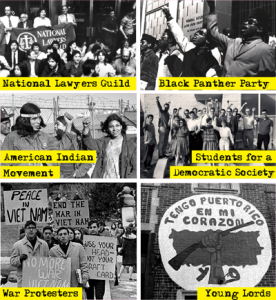 On March 8, 1971, a cab driver, a day care provider, and two professors broke into an FBI office in Media, Pennsylvania, and stole more than 1,000 classified documents that they then mailed anonymously to several U.S. papers. They were members of the Citizens’ Commission to Investigate the FBI. They selected the night of the “Fight of the Century,” the boxing match between Muhammad Ali and Joe Frazier, when most people would be glued to their radios.
On March 8, 1971, a cab driver, a day care provider, and two professors broke into an FBI office in Media, Pennsylvania, and stole more than 1,000 classified documents that they then mailed anonymously to several U.S. papers. They were members of the Citizens’ Commission to Investigate the FBI. They selected the night of the “Fight of the Century,” the boxing match between Muhammad Ali and Joe Frazier, when most people would be glued to their radios.
The documents revealed the FBI’s Counter Intelligence Program — COINTELPRO — which was a series of covert, and often illegal, activity. The FBI conducted surveillance, infiltration, discreditation, and the disruption of domestic political organizations — including actions that led to murder. (Learn more in a Democracy Now! interview with three of the people who broke in.)
On December 7, 1955 the FBI’s Mobile office began forwarding information on the bus boycott to FBI director J. Edgar Hoover. The special agent in charge of the office reports that someone, probably a member of the Montgomery police department, had been assigned to find “derogatory information” about King.
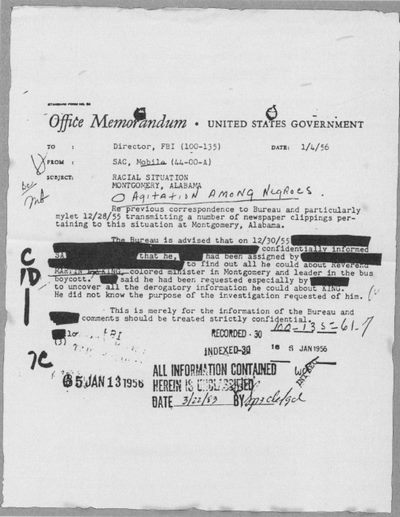
The Citizen’s Commission members involved in the break-in were never caught nor revealed their names until 2014. In 2015, a documentary film, 1971, was released on the case.
1971 Film Trailer
As for what students learn about COINTELPRO, high school teacher Ursula Wolfe-Rocca notes:
My students had little way of knowing about this story behind the story because mainstream textbooks almost entirely ignore COINTELPRO. Though COINTELPRO offers teachers a trove of opportunities to illustrate key concepts, including the rule of law, civil liberties, social protest, and due process, it is completely absent from my school’s government book, Magruder’s American Government (Pearson).
Wolfe-Rocca wrote a lesson for her students drawing on primary documents from COINTELPRO. Find the lesson and her article on teaching about COINTELPRO and other resources on the links below.

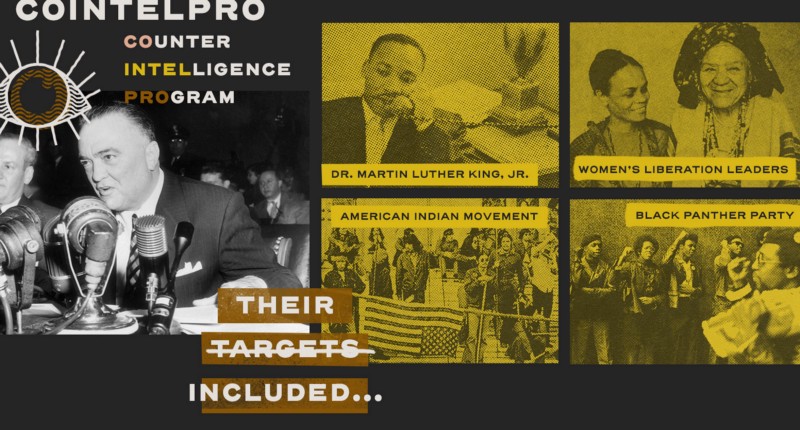
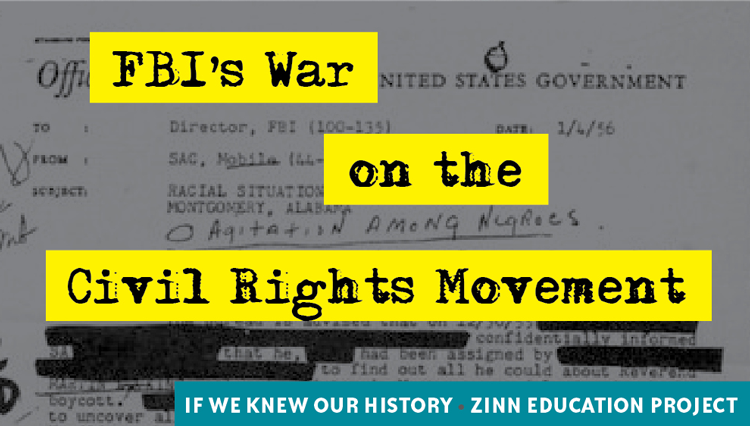
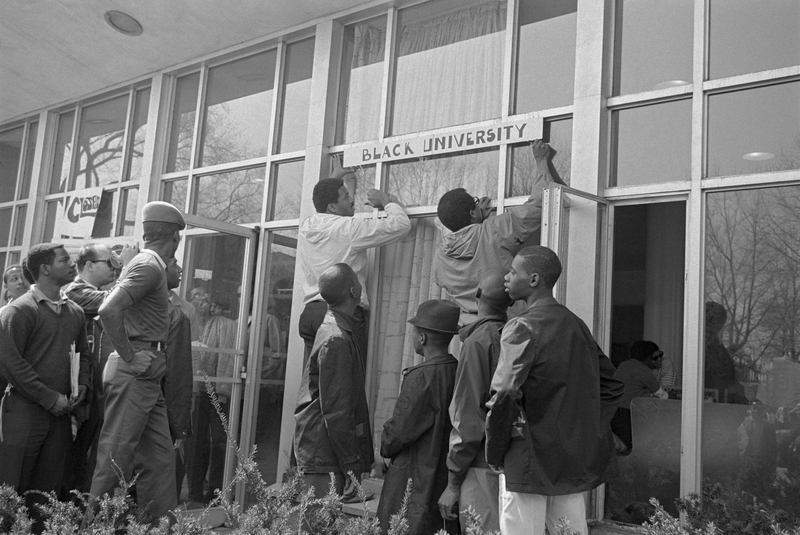
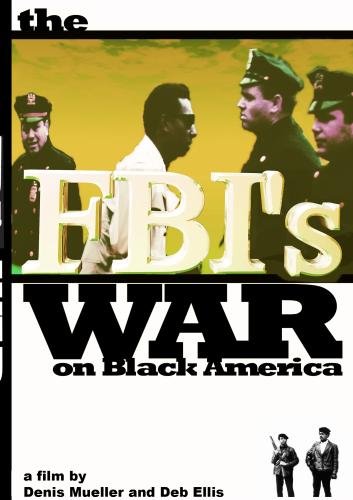
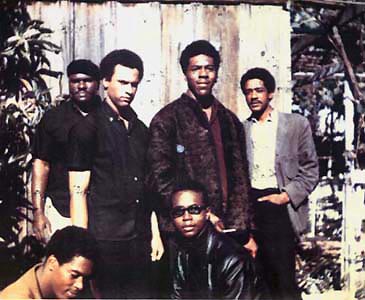






Twitter
Google plus
LinkedIn